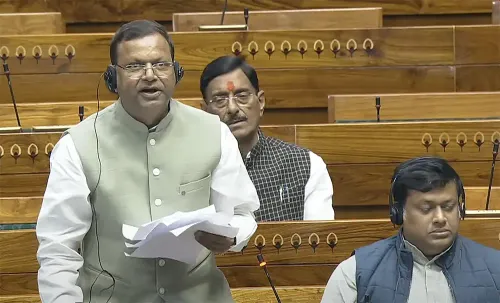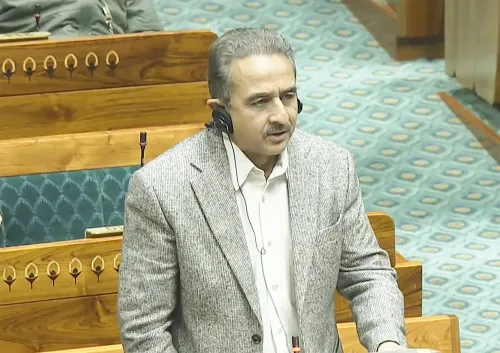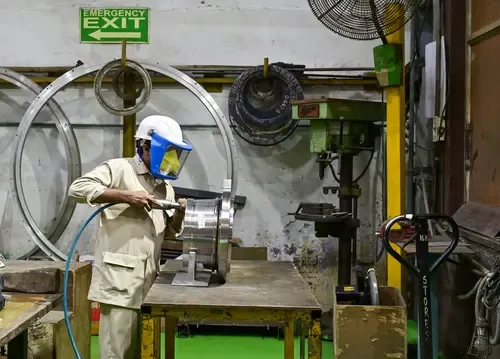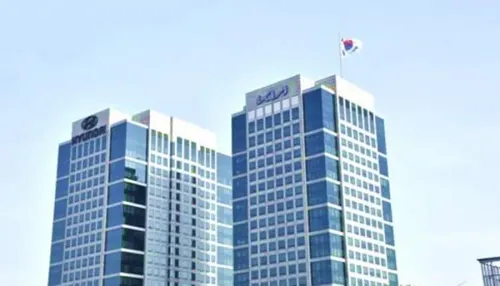Medical School Deans in South Korea Dismiss Extra Leave Requests Amid Quota Controversy
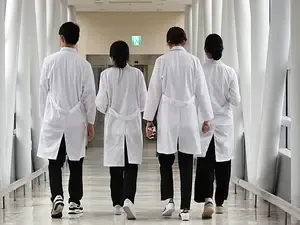
Synopsis
Key Takeaways
- Medical school deans in South Korea have rejected further leave requests.
- 35 out of 40 schools completed the rejection process.
- Leave requests will only be considered for military, medical, or family issues.
- The government’s plan to increase medical school admissions was scrapped.
- Concerns grow over the potential irreparable damage to the healthcare system.
Seoul, March 22 (NationPress) A consultative group of medical school deans in South Korea announced on Saturday that they have turned down further requests for leave, emphasizing that they will no longer accept such applications from students who have departed in large numbers to protest against the government's proposal to increase school quotas.
According to the Korean Association of Medical Colleges and Graduate School of Medicine (KAMC), which represents the deans of 40 medical institutions, 35 out of 40 schools have finalized their decisions to deny leave of absence requests.
The KAMC indicated that the remaining five institutions will also reach a similar conclusion next week, clarifying that leave of absence requests will only be considered for military, medical, or family-related matters.
This announcement followed a day after five medical schools concluded their deadlines for students to indicate their intent to return to classes in the new academic year.
Approximately half of the medical students at Yonsei University are reported to have signaled their desire to resume classes, leading to speculation about the possibility of this trend spreading to other medical schools.
Earlier this month, the government declared it would abandon the controversial plan to boost medical school admissions next year to alleviate the ongoing healthcare crisis, provided that all medical students currently on leave return to their classrooms by the end of March.
Under this conditional decision, the medical school enrollment limit for the next academic year has been established at 3,058, reversing the government's earlier proposal to increase admissions by 2,000 each year for five years to counteract a chronic shortage of medical professionals.
The decision to cancel the disputed plan emerged amid escalating concerns that disruptions in the nation’s healthcare system and medical education could become irreparable if the ongoing walkout by junior doctors and students persists.


